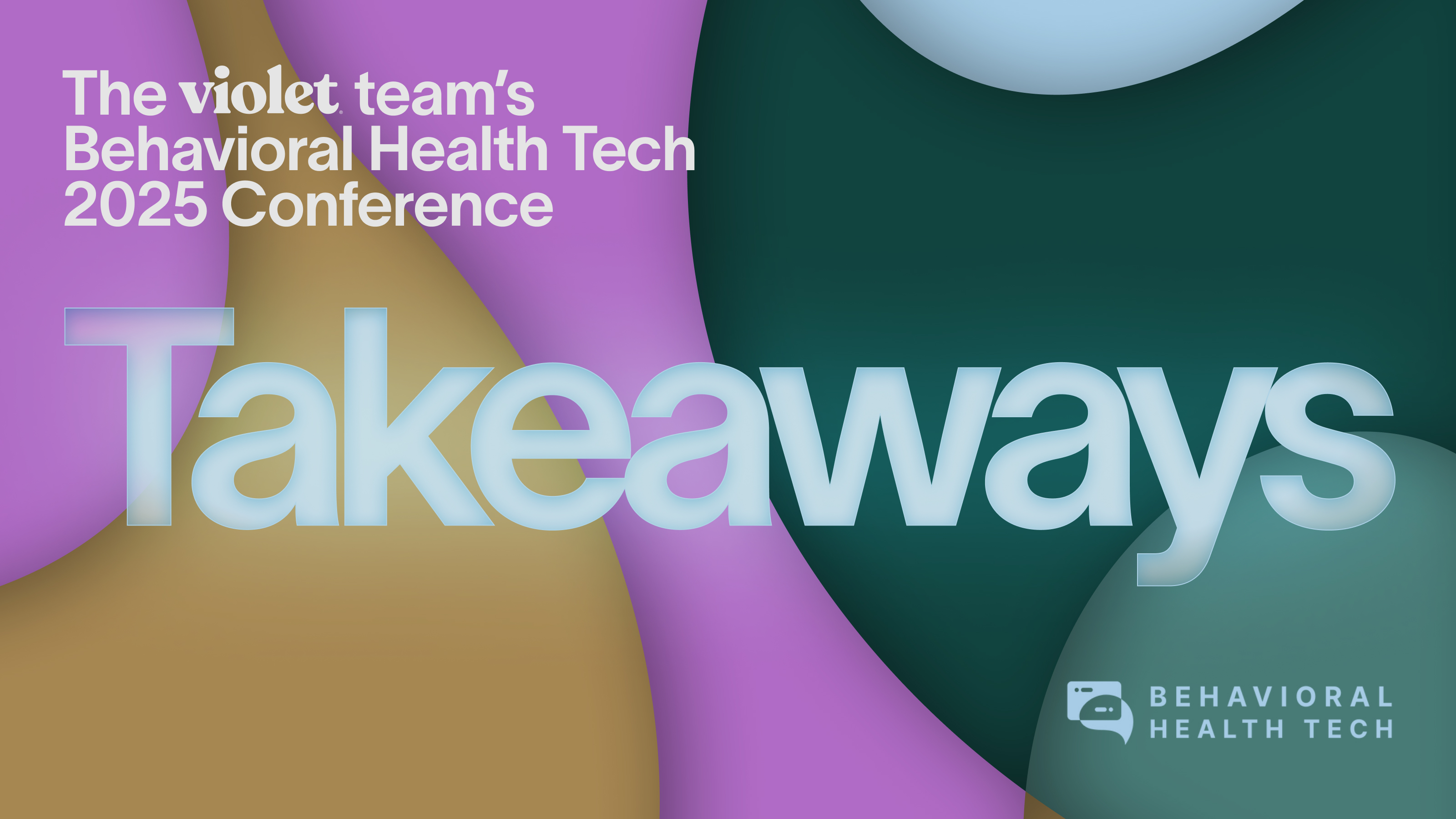Creating diverse, equitable, and inclusive health care requires ongoing effort, self-reflection, and a commitment to continuous improvement. However, getting started may feel overwhelming—where is the best place to begin?
Since we’ve partnered with a number of inclusive health organizations and start-ups, we’ve learned a lot of helpful tips for building an equitable organization. Here are a few of the most important Do’s and Don’ts:
- Do recognize unconscious bias. Unconscious biases can affect how health care providers diagnose and treat patients, and they can also impact hiring decisions and workplace dynamics. It’s important to recognize and address these biases, as letting them go unchecked can perpetuate systemic inequalities in health care.
- Don’t ignore social determinants of health. Factors such as race, ethnicity, gender, sexual orientation, and socioeconomic status can significantly impact an individual's health outcomes, and they should be taken into account just like a patient’s medical history. Ignoring social determinants of health can lead to disparities in health care access and outcomes.
- Do prioritize representation and inclusion. Having health care providers and staff who represent the communities they serve can help promote culturally competent care and build trust. Inclusive practices that incorporate the perspectives and experiences of diverse staff and patients can help create a more equitable health care environment.
- Do address language barriers. Patients who do not speak the same language as their health care providers may face challenges in accessing health care services and understanding medical instructions. Health care providers should provide language services and culturally appropriate communication to ensure that all patients can access and understand health care services.
- Do train on DEI issues. Health care providers who lack training on DEI issues may need to recognize or address the unique challenges that different patients face. Providing regular DEI training can help ensure that health care providers have a good understanding of the diverse patients they serve, and that they’re equipped to deliver culturally competent care.
- Don’t underestimate the importance of collecting and analyzing data on health disparities. Without data, health care providers may not be aware of the extent of the problem or be able to track progress in reducing disparities. Collecting and analyzing data can also help providers identify areas for improvement and measure the impact of interventions.
By using these tips, prioritizing representation, and fostering a culture of learning and self-reflection, providers can deliver more equitable and inclusive health care that promotes well-being for everyone.

.svg)





.png)



.png)

.svg)



.svg)

